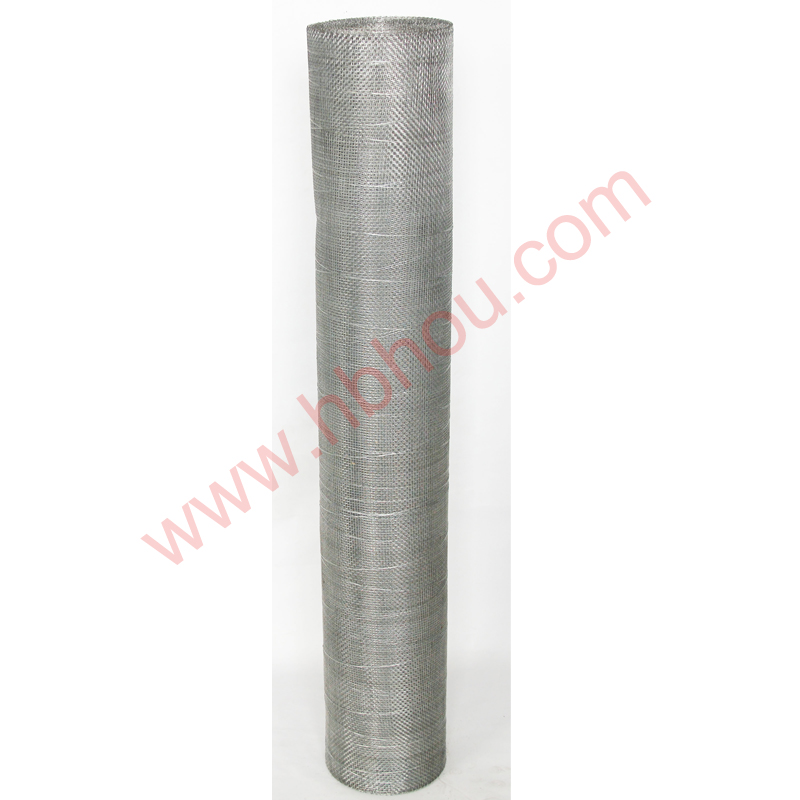Understanding Wire Fence Materials A Comprehensive Guide
When it comes to fencing solutions, wire fences are among the most versatile and practical options available. They are commonly used for agricultural, residential, and commercial purposes due to their durability and cost-effectiveness. However, not all wire fence materials are created equal. Understanding the different types of wire and their applications can help you choose the right fencing solution for your needs.
1. Types of Wire Fence Materials
The most common types of wire used in fencing include galvanized wire, barbed wire, welded wire, and chain link fence. Each type has its own unique properties and is suited for different applications.
- Galvanized Wire This type of wire is coated with zinc to prevent rusting, making it a popular choice for agricultural purposes. Its resistance to corrosion allows it to withstand harsh weather conditions, making it ideal for livestock enclosures and garden fencing.
- Barbed Wire Often associated with security, barbed wire features sharp points at regular intervals that deter animals and intruders. This type of fencing is commonly used in rural areas to keep livestock contained and to mark property boundaries. However, its use in residential areas is often limited due to safety concerns.
- Welded Wire Made from high tensile wire that is welded together at each intersection, welded wire fencing is known for its strength and stability. This type of wire is often used in agricultural applications as well as for garden protection. Its uniform openings provide security while allowing for visibility.
- Chain Link Fence Chain link fencing is a popular choice for both residential and commercial properties. Made from woven galvanized steel, it is known for its durability and low maintenance requirements. Chain link fences are often used for playgrounds, athletic fields, and other areas where visibility and security are important.
2. Choosing the Right Wire Fence Material
wire fence material

When selecting a wire fence material, several factors should be considered
- Purpose Identify the primary purpose of the fence. Will it be used for security, livestock containment, or simply to define a boundary? Each wire type serves a specific purpose, so understanding your needs will help narrow down your options.
- Environment The environmental conditions in your area play a significant role in the longevity of the fence. For example, coastal areas with salty air may require more corrosion-resistant materials, while arid regions may not face the same risks.
- Budget Wire fencing can vary significantly in price, so it is important to establish a budget before starting your project. While it may be tempting to choose the cheapest option, consider the long-term costs associated with maintenance and replacement.
3. Maintenance and Care
Once you have installed your wire fence, regular maintenance is key to ensuring its longevity. Inspect the fence periodically for any signs of wear and tear. Look for rust, loose wires, and damaged sections. Prompt repairs will extend the life of your fence and maintain its effectiveness.
In addition, periodic cleaning can help prevent the accumulation of dirt and debris, which can lead to rust and corrosion over time. Ensuring that the area around the fence is clear can help reduce damage from vegetation or animals.
Conclusion
Wire fence materials provide a practical and effective solution for various fencing needs. By understanding the different types of wire, their applications, and maintenance requirements, you can make an informed decision that meets your specific needs. Whether you are looking to secure your property, protect livestock, or enhance your landscaping, a wire fence can offer the perfect combination of durability and functionality.
















